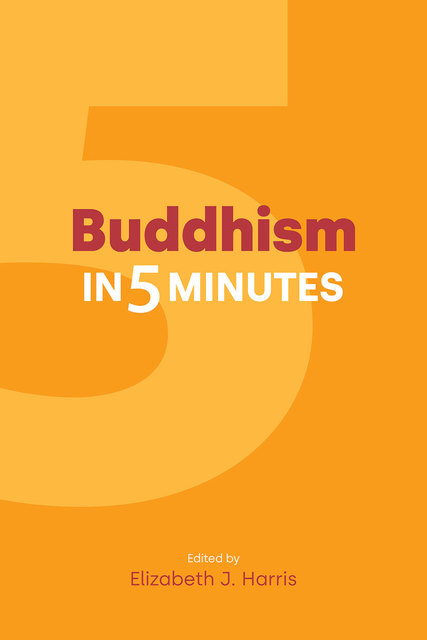Harris/B5M, 20. To what Extent does Buddhism "Deny the Self"?

Full description
Buddhism has long been associated with the claim that it “denies the self,” and that this distinguishes it from all other religious traditions. The applicability of non-self teaching to contemporary ideas about human identity in the West—informed, for example, by comparisons to the findings of cognitive science—is an evolving field. In early Buddhism, the notion that things are non-self is a subtle one, very much born out of Buddhism’s Indian heritage, and is easily misconstrued. To understand the original context of nonself teaching, we must locate it in Indian literature, where we first find it expressed, in which the context is the Buddha’s attempts to explain experience, suffering, and also rebirth in a setting quite different from any twenty-first-century culture, Buddhist or otherwise.
- typeImage
- created on
- file formatjpeg
- file size54 KB
- container titleBuddhism in Five Minutes
- creatorChristopher V. Jones
- isbn9781800500914 (eBook)
- publisherEquinox Publishing Ltd.
- publisher placeSheffield, United Kingdom
- rightsEquinox Publishing Ltd.
- series titleReligion in 5 Minutes
- doi
We use cookies to analyze our traffic. Please decide if you are willing to accept cookies from our website. You can change this setting anytime in Privacy Settings.
